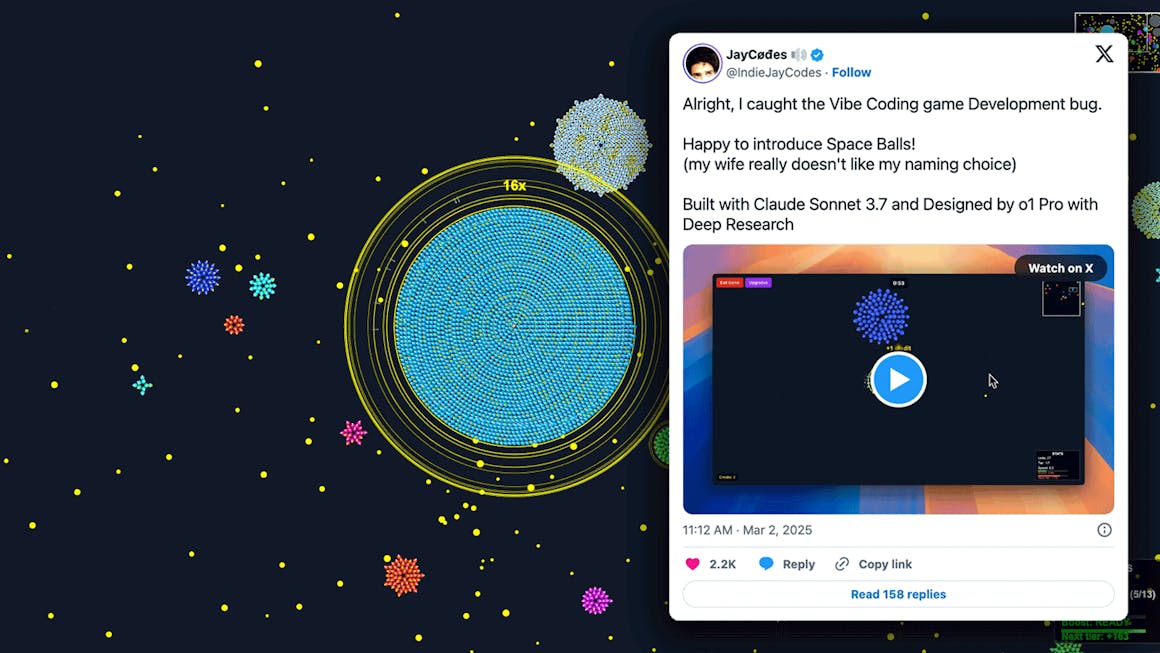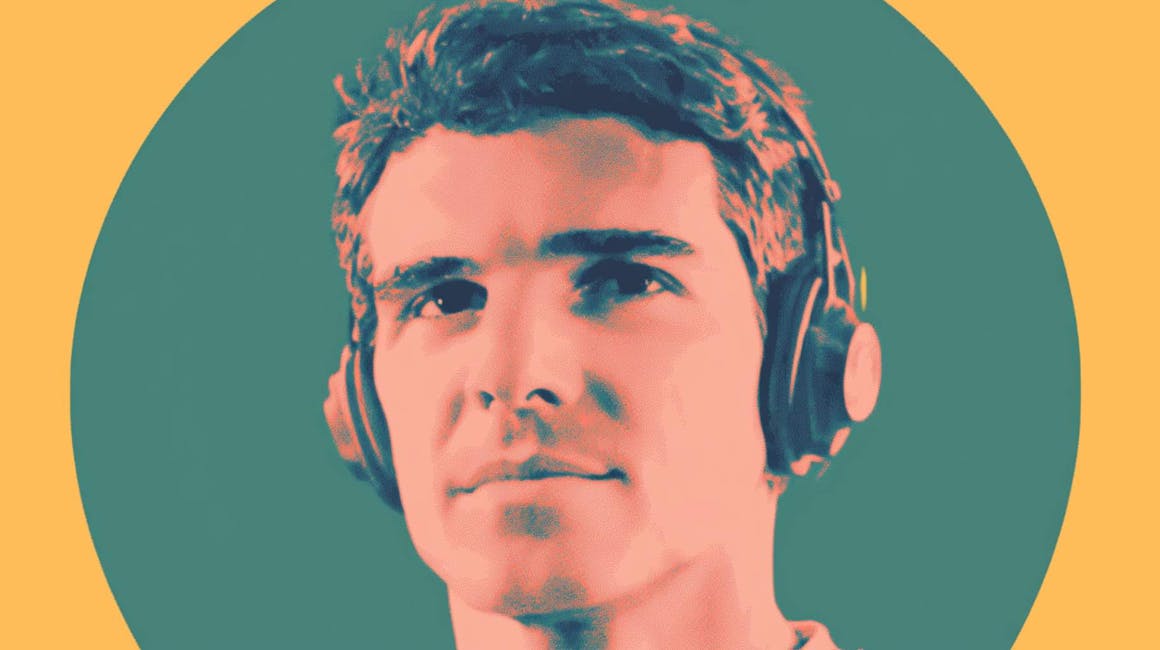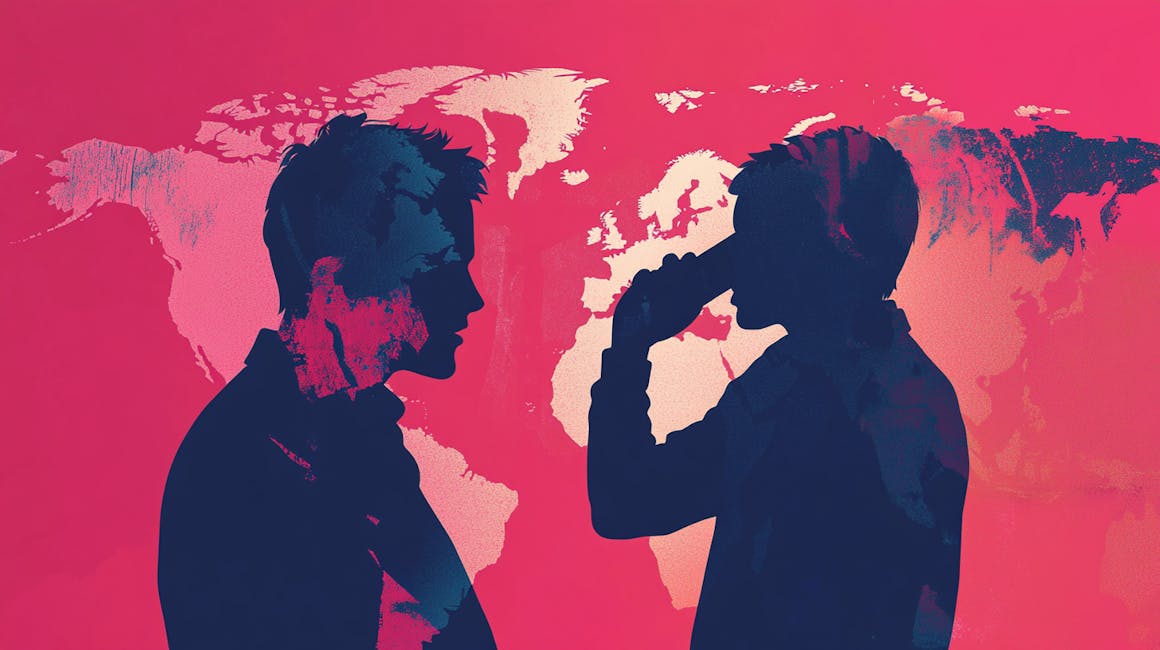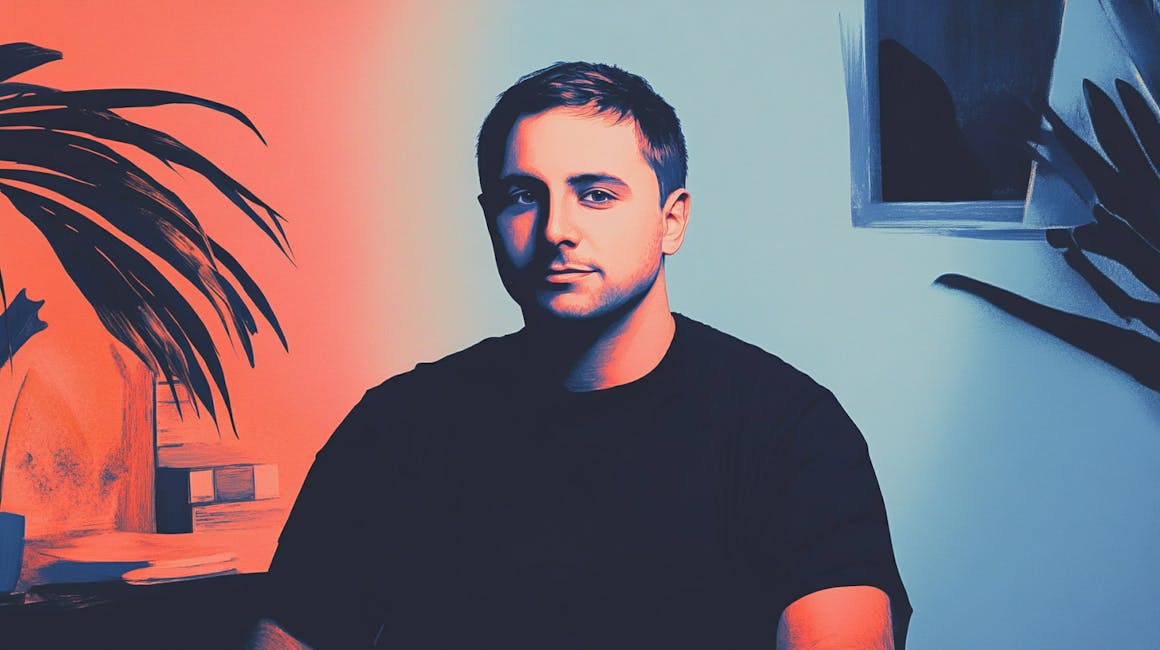The definitive glossary of AI terms for indie hackers
Like it or not, being an indie hacker in 2025 means you need to keep up with AI jargon, like “vibe coding,” “MCP,” and “CoT.” Here's your cheat sheet.

Featured
How 5 vibe-coded AI games went viral, despite their creators having tiny audiences
Critics have dismissed the success of an AI game by Pieter Levels due to his massive following. But vibe coders with smaller audiences are succeeding too.


Featured
Pivoting a too-technical product into a $50k/mo
business
Alex Florescu built a product no one could use, then pivoted to something the market needed. Now, it's bringing $50k/mo. Here's how.


Featured
AI isn't even close to replacing my personal assistant. Here's why.
Why a startup founder still pays $1,000/month for a human assistant despite aggressively using AI in every corner of his life.


Featured
25+ AI agent opportunities indie hackers can build right now
An experienced founders shares dozens of untapped AI agent ideas you can launch as new products or streamline your existing business with.


The Build Board 🪧
A daily leaderboard of build-in-public posts.
In Case You Missed It
Browse top posts by week, month, or all-time.
Featured
From failed startup to 5-figure MRR agency with an AI
product
Ritika Mehta's first product failed. Then, she built a 5-figure/mo agency and now, she's building an AI product the right way. Here's what she's learned.


Remote Jobs
Jobs for industrious indie hackers.











Partner Up
Meet your co-founders, start something new, or lend a helping hand.
Meetups
Local events hosted by your peers.
Featured
How 5 vibe-coded AI games went viral, despite their creators having tiny audiences
Critics have dismissed the success of an AI game by Pieter Levels due to his massive following. But vibe coders with smaller audiences are succeeding too.


The definitive glossary of AI terms for indie hackers
Like it or not, being an indie hacker in 2025 means you need to keep up with AI jargon, like “vibe coding,” “MCP,” and “CoT.” Here's your cheat sheet.

The Build Board 🪧
A daily leaderboard of build-in-public posts.
Featured
Pivoting a too-technical product into a $50k/mo
business
Alex Florescu built a product no one could use, then pivoted to something the market needed. Now, it's bringing $50k/mo. Here's how.


Featured
25+ AI agent opportunities indie hackers can build right now
An experienced founders shares dozens of untapped AI agent ideas you can launch as new products or streamline your existing business with.


Featured
AI isn't even close to replacing my personal assistant. Here's why.
Why a startup founder still pays $1,000/month for a human assistant despite aggressively using AI in every corner of his life.


Featured
Making $30k/mo from an AI product with a perpetual
license
Daniel Nguyen is making $33.5k/mo as a solopreneur. He has multiple products, but most of it comes from AI product with a perpetual license. Here's how.





